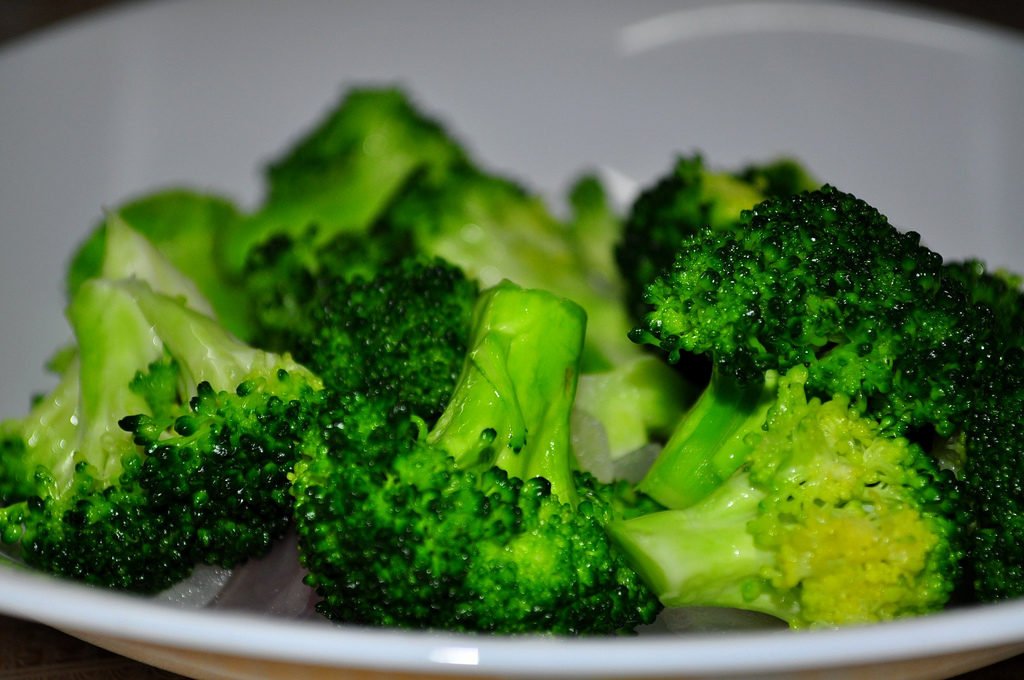How to Naturally Trigger the Urge to Poop
Table of Contents
Why Regular Bowel Movements Matter
Imagine this: You wake up, sip your morning coffee, and head to the bathroom expecting relief, but nothing happens. The frustration of constipation or irregular bowel movements is something almost everyone has experienced at some point. If you’re struggling to get things moving, you’re not alone.
Pooping is a crucial bodily function that eliminates waste and toxins from our system. When things slow down, it can lead to bloating, discomfort, and even long-term health issues. The good news? There are plenty of natural ways to encourage your body to do its job efficiently.
Key Takeaways:
Learn why regular pooping is essential for your health.
Discover natural dietary and lifestyle changes to stimulate bowel movements.
Find out which quick remedies can help in urgent situations.
Understand when to seek medical help for chronic constipation.
Let’s dive in!

Dietary Changes to Stimulate Bowel Movements
What you eat plays a massive role in how smoothly your digestive system functions. The right foods can encourage bowel movements, while the wrong ones can back things up.
Increase Fiber Intake
Fiber adds bulk to your stool, making it easier to pass. Aim for at least 25-30 grams of fiber per day from sources like:
Fruits: Apples, pears, and berries (especially with the skin on)
Vegetables: Broccoli, spinach, carrots, and leafy greens
Whole Grains: Oats, brown rice, quinoa, and whole wheat bread
Legumes: Beans, lentils, and chickpeas
If you’re not used to eating a lot of fiber, introduce it gradually to avoid bloating.
Stay Hydrated
Dehydration is a major cause of constipation. Water helps soften stool, making it easier to pass. Aiming for 8-10 glasses per day can make a difference. If plain water isn’t your thing, try:
Herbal teas (peppermint or ginger)
Lemon water
Coconut water
Probiotics and Prebiotics
Your gut is home to trillions of bacteria that aid digestion. Consuming probiotic-rich foods can promote bowel movements by balancing gut bacteria. Try:
Yogurt with live cultures
Kimchi and sauerkraut
Kefir and miso soup
Prebiotic foods (which feed good gut bacteria) like onions, garlic, and bananas can also help.
Healthy Fats
Dietary fats can help stimulate digestion by lubricating the intestines. Some great sources include:
Avocados
Olive oil
Nuts and seeds
Fatty fish (salmon, sardines)
Lifestyle Habits for Better Bowel Movements
Establish a Routine
Your body thrives on consistency. Try to go to the bathroom at the same time every day, preferably after meals, to train your digestive system.
Exercise and Movement
Regular physical activity stimulates digestion and promotes bowel movements. Try:
A brisk 10-15 minute walk after meals
Yoga poses like child’s pose, squats, and twists
Light jogging or stretching to encourage movement in your intestines
Proper Posture on the Toilet
Most toilets aren’t designed for optimal pooping posture. Try elevating your feet with a small stool (like a Squatty Potty) to mimic a squatting position, which straightens your colon for easier elimination.
Natural Remedies to Induce Pooping
If you need quick relief, these natural remedies can help:
Hot Beverages
Warm liquids can help stimulate your intestines. Some great options include:
Warm water with lemon
Herbal teas (peppermint, ginger, or chamomile)
Coffee (caffeine can stimulate bowel movements)
Prune Juice & Other Natural Laxatives
Prunes are packed with fiber and sorbitol, a natural laxative. Try:
A glass of prune juice in the morning
Dried prunes as a snack
Other natural laxatives include flaxseeds, chia seeds, and aloe vera juice.
Massage and Acupressure
Certain belly massage techniques can stimulate bowel movements. Try:
Gently massaging your lower abdomen in circular motions
Applying pressure to the acupressure point between your belly button and pubic bone

When to Consider Supplements or Medical Help
Fiber Supplements and Stool Softeners
If dietary changes aren’t enough, fiber supplements like psyllium husk (Metamucil) or methylcellulose (Citrucel) can help bulk up stool. Stool softeners like docusate sodium can also make stool easier to pass.
Laxatives – Use with Caution
While laxatives can provide temporary relief, overuse can lead to dependence. If you must use one, try:
Osmotic laxatives (like magnesium citrate)
Stimulant laxatives (like senna) sparingly
When to See a Doctor
If you experience any of the following, consult a doctor:
Constipation lasting more than two weeks
Severe pain or blood in stool
Unexplained weight loss
Chronic bloating or discomfort

Conclusion: Keep Things Moving Naturally
Regular bowel movements are a sign of a healthy digestive system. By eating fiber-rich foods, staying hydrated, exercising, and using natural remedies, you can keep your gut happy and avoid constipation.
Take Action Today:
Try increasing your fiber intake.
Drink more water and hot beverages.
Experiment with belly massages or acupressure.
If you found these tips helpful, share this guide with someone who might need it!
Join our Email List
Past Blog Posts

Poop & Weight Loss/Gain: How Your Bowel Health Impacts Your Scale
Your scale isn’t measuring fat — it’s measuring what your gut hasn’t let go of. Hidden stool retention, slow motility, and gut bacteria can quietly drive weight gain and bloating, even when your diet is “perfect.” This post exposes the dirty secret behind stubborn weight… and how to fix it.

What Your Stool Color & Shape Reveal About Your Gut Health
Your poop is a real-time report card on your gut health—and most people are ignoring it. From color changes to weird shapes to the clues hidden in texture, every bowel movement tells a story. This guide breaks down exactly what your stool says about digestion, inflammation, and the hidden issues you can’t see.

Is Wheat Wrecking Your Gut? What Celiac Disease Reveals
Wheat isn’t the villain—it’s the kind of wheat that’s wrecking your gut. From ancient grains to modern hybrids, discover how today’s wheat triggers inflammation, worsens celiac symptoms, and sabotages digestion—and what smarter, safer alternatives can finally bring your gut back to balance.
